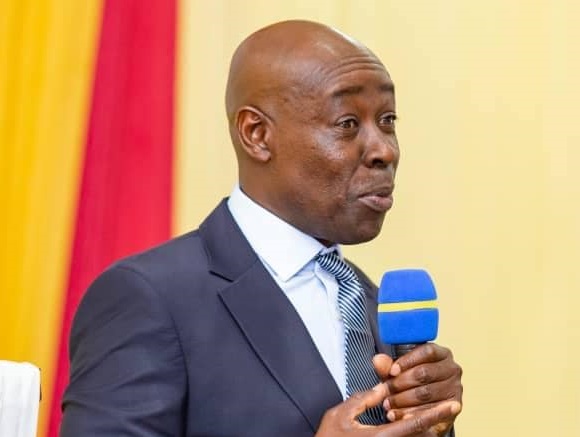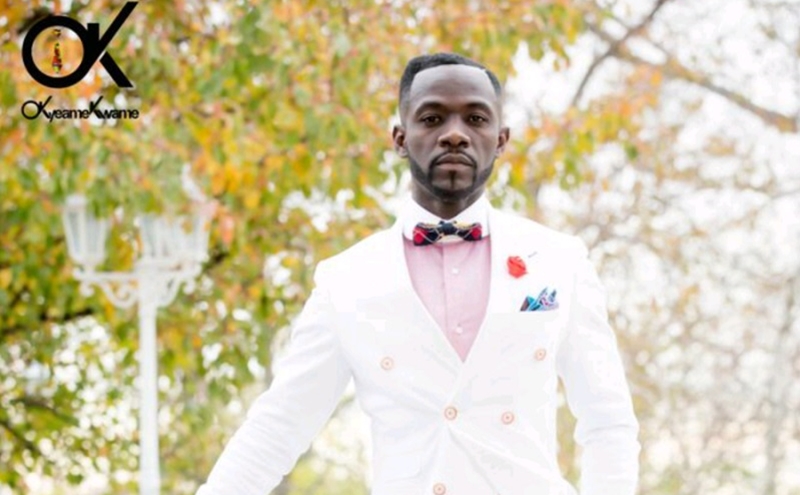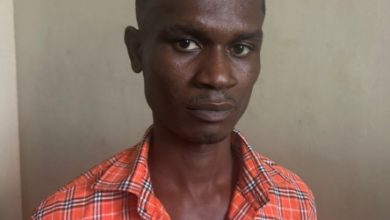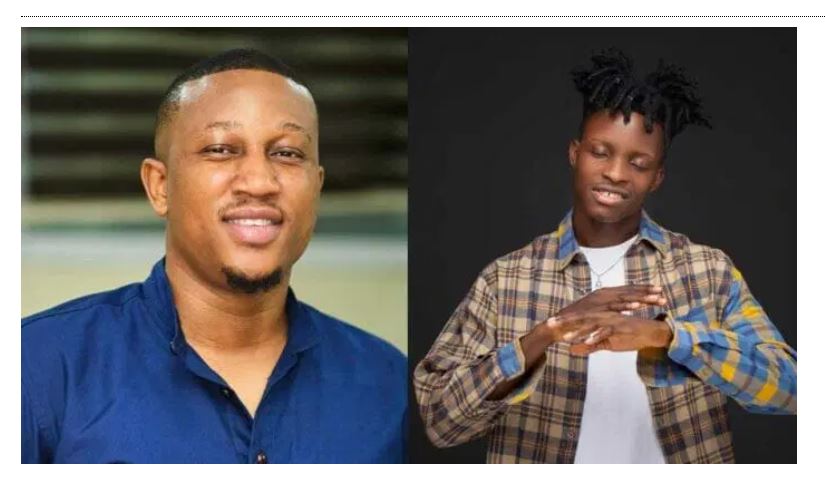STOP THE THREATS AND GO TO COURT – Thaddeus Sory tells GBA

Renowned legal practitioner Thaddeus Sory has advised the Ghana Bar Association (GBA) to seek legal redress if it believes the suspension of Chief Justice Gertrude Torkornoo by President John Dramani Mahama is unconstitutional.
His comments follow a statement by the GBA, through its Public Relations Officer, Saviour Kudze, expressing concern over the President’s use of discretionary power under Article 146(10) of the 1992 Constitution to suspend the Chief Justice.
The association argued that such discretion must be governed by legal instruments to ensure accountability and prevent abuse.
“Subject to exercise discretion under article 296, they ought to have been made regulations like a constitutional instrument before exercising such discretion because the essence is to govern, how it is exercised so that it doesn’t get abused,” Kudze explained.
In response, Thaddeus Sory, in a legal opinion shared on Facebook titled Revoke and Suspend the Bar, urged the GBA to stop public commentary and instead pursue legal action.
“There is no need for threats or rhetorical outrage. If the Bar believes it has a case, let it go to court,” he stated.
He also questioned the effectiveness of the GBA’s past legal efforts, saying: “But history is not on their side. Past attempts have yielded embarrassing defeats. Even outside of constitutional litigation, our respected colleague Ward Brew has repeatedly prevailed in court against the Bar. The law is not the sole preserve of the Bar’s interpretation,” he stated.
Below is the full Facebook post by Thaddeus Sory.
REVOKE AND SUSPEND THE BAR
- This will be brief and direct. Perhaps it’s no surprise that it took two clear days for the Ghana Bar Association’s resolution to finally see the light of day
- It was only this afternoon, 29th April 2025, that a signed copy of the Bar’s resolution—passed on Saturday, 26th April—surfaced publicly.
- Among other things, the Ghana Bar Association (the Bar) resolved that:
i. The Acting Chief Justice should withdraw his directive “on the assignment of cases”; and
ii. The President should revoke the “suspension of the Chief Justice.” - According to the Bar, the Acting Chief Justice’s directive is “uncertain,” and the President’s suspension of the Chief Justice is “unconstitutional.” Their reasoning is that the President, who is neither a judge nor a judicial officer, exercised discretion “in the absence of a published Constitutional Instrument, Statutory Instrument or Regulation(s)” as required under Article 296 of the 1992 Constitution.
- These demands are not only legally flawed and disrespectful, but they also expose a troubling inconsistency in the Bar’s reasoning. Just days ago, the Bar issued a statement that now seems at odds with its own resolution.
- By law and longstanding practice, the power to assign cases is an administrative function of the Chief Justice. This function pertains to the office of the Chief Justice—not the individual currently holding the title.
Therefore, anyone constitutionally recognized as the Chief Justice, including one serving in an acting capacity, is empowered by law and practice to assign cases. The suspended Chief Justice exercised that function while in office. Now, the Acting Chief Justice must do the same.
- The Bar’s position implies that the powers of the office are personal to the suspended Chief Justice. But when she was in office, the Bar raised no objections as she reassigned judges and altered case allocations. Did they then suggest she rely on an algorithm or random generator to assign cases? Were her removals and replacements of judges questioned?
- Where was the Bar when the suspended Chief Justice issued unconstitutional and unlawful administrative guidelines and practice directions—actions that not only violated legal norms but also resulted in financial loss to the Republic through ill-conceived launches?
- And if the Bar claims ignorance, I wrote publicly on those very matters.
- Article 146(10) of the 1992 Constitution clearly states: “… the President may, acting in accordance with the advice of the Council of State, suspend the Chief Justice.”
- This means that unless there is advice from the Council of State, the President cannot suspend the Chief Justice. The word “may” here does not grant discretion to act unilaterally. Once advised by the Council of State, the President is constitutionally bound to act- he must suspend.
- There is no need for threats or rhetorical outrage. If the Bar believes it has a case, let it go to court. But history is not on their side. Past attempts have yielded embarrassing defeats. Even outside of constitutional litigation, our respected colleague Ward Brew has repeatedly prevailed in court against the Bar. The law is not the sole preserve of the Bar’s interpretation.
The law is not in bosom of the Bar!!!





